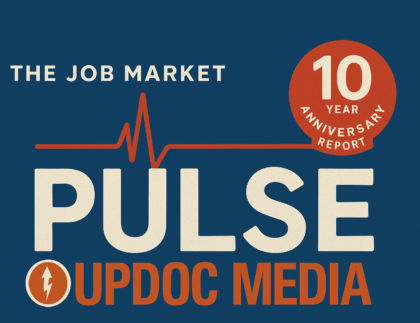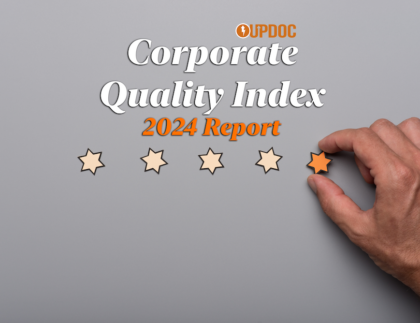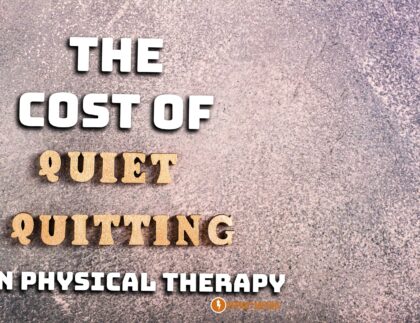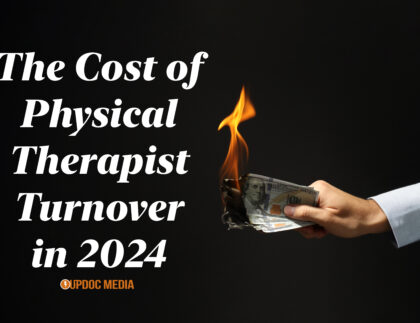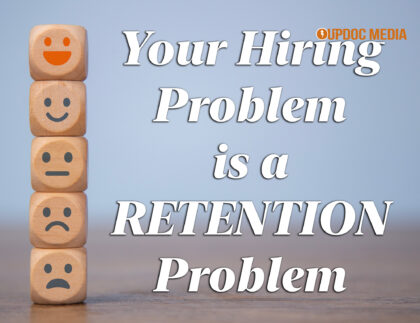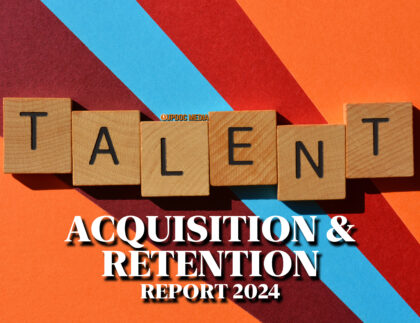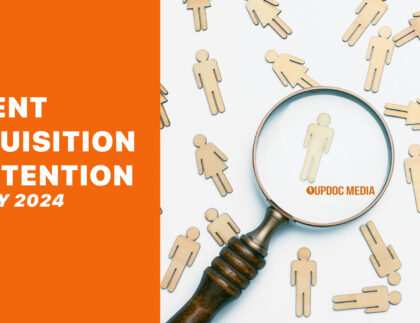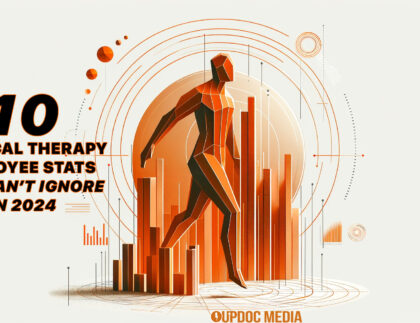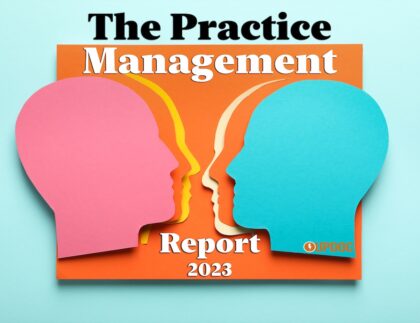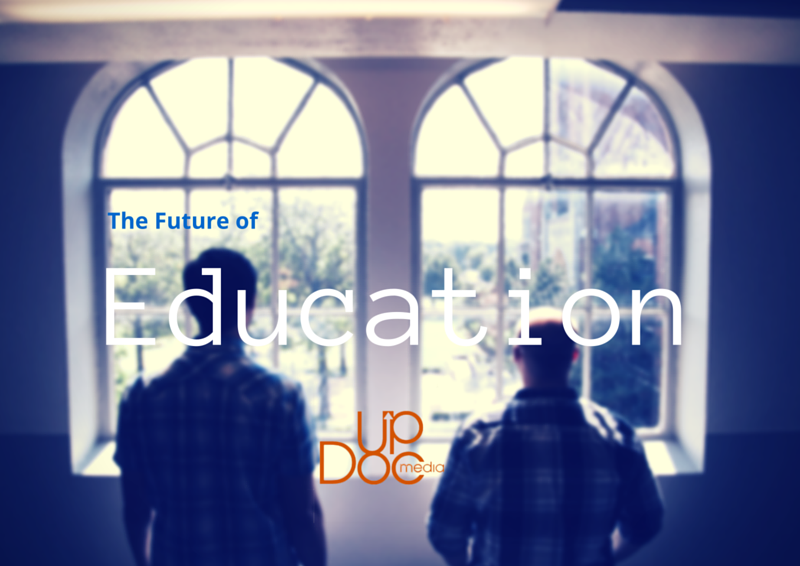

The old adage goes: “Knowledge is power.” I feel most people would agree to this statement given that the knowledge gathered is truly applicable. To that thought, the application of knowledge requires the ability to discern the information which comprises a knowledge base as theoretical, practical, and finally actionable. However, the further society ventures into rabbit hole of the Information Age, I fear that we are losing our knowledge and are exchanging it for mere information.
Information and knowledge once existed hand in hand. One could not access information without formal education, training, apprenticeship, or field experience. In the same vein, knowledge was only gathered through such channels, directly assimilated as practical and actionable information. The value of information was synonymous with the value of education. They could not escape each other. That is, until recently.
Now, information is everywhere. In fact, information is free! The “knowledge” base which most college students and even graduate students are expected to command, under the guise of a well balanced and well rounded member of society, has become so ridiculously vast that it appears students are learning information as trivia knowledge. That is right, trivia as in trivial. Information that does not matter; loose facts rather than precise knowledge.
The content to which the students of the millennial age are expected to, if not forced to learn, isn’t necessarily content which makes them a more productive member of society. Neither does it guarantee that they will add more value against a competitor in the job market. Instead, education inflation has occurred where undergraduate degrees are worth the high school diplomas of yesteryear, graduate degrees are the bachelor degrees of yesteryear, and so on and so forth.
So, what of it? What does this have to do with the future of education?
I would suggest to propose that the future of education needs to look at the history of industrial and technological disruption as a guide. After all, those who do not learn from history are doomed to repeat it. In business, firms and entire industries have been disrupted into extinction by competitors who managed to innovate methods of delivering on desired value propositions in unique combinations, efficiencies, and novel attributes of convenience. We can look no further than Netflix and Amazon to see the effects in our current day and age.
Under these principles, we look back on education and see the past progress to classroom settings, books, handouts, lectures, media assisted, distance learning, etc. What has happened? Education is becoming “formalized” in our own homes. The convenience surpasses even the repute of brick-and-mortar institutions. Moreover, there is a growing disconnect if not dissonance between the cost of education and the value added of education. Education is no longer adding value to our lives the way it used to.
If we look to the average millennial graduate of today, they owe thousands upon thousands of dollars in student loans. Some, over a hundred thousands United States Dollars. Moreover, they will have to pay off those loans over the term life in the workforce. From a perspective of the social contract, students become students because they are promised their lives will have added value from a formal education. Instead of making a living straight out of high school, by delaying the gratification of getting paid immediately, they hope to earn more at a higher rate after a college degree. Ultimately, this is supposed to lead to a higher earning potential over the course of their career.
However, this is certainly not the case. If anything, the job market is an employer’s market and employers are sick and tired of “degrees.” What they want is practical, relevant, if not direct experience in their respective industries. The paradox is this: Needing experience to get experience. Even a quick survey of job listings demonstrate it is experience in doing a specific type of job that employers desire. The credentialing is nice, and, it is increasingly only a formality because everyone one else is doing it. Yet, it isn’t truly desired. Businesses want employees who can jump right into roles and responsibilities; they don’t want to be bothered training them.
So, again, what of it? What does this have to do with the future of education?
The future of education will find its way through a curated, lean, and direct content strategy with partnered firms who could care less about the politics and processes of the academic systems. Accreditation, certification, and formal degrees may quickly become less important in the job market being that all of the new graduate candidates have them. There is no distinction, no promise of a good employee, and no true differentiation of value at present.
What will differentiate students is if they have directly relevant experience under internships, apprenticeships, and other like structures where students need only learn the basic information as a knowledge base pertaining to specific industry needs. This is all that is needed from a didactic standpoint. Everything else is through workplace exposure and industry experience.
Such an approach will serve to decrease the lead time of good employee candidates during their years of studentship. Additionally, this a la carte framework, due to its lean and direct characteristics, will also serve to better manage the cost of education. After all, the utilitarian goal of any education is to add value to society and yourself; to accelerate your ability to add value to a firm which pays you, and, a society which engaged in commerce with said firm — be the firm a corporation, LLC, sole proprietorship, etc.
Businesses have pursued the lean and streamlined supply chain approaches for years. Why not education? Why be stuck behind the processes which businesses have decades before decided in eliminating such redundancies?
But, what about the formal education system? What about being “well rounded?”
First, I have all the respect for the formal education system. I mean, common; two graduate degrees as well as degrees in Bioengineering and Psychology? Look. I respect “school.” But, I also respect the market demand. After all, education, in all of its behaviors, is ultimately a business. If the money isn’t there, neither is the institution. And, if education does not commit to change its business model, then it will be disrupted by those who are willing to do what it is not ready to, prepared to, or willing to.
Secondly, the “well rounded” characteristics are already being formed because information is free. Students who have interest in the less financially incentivized areas of study such as fine arts, performing arts, etc. have already and will continue to pursue such interests. If they wish to pursue the path of turning such interests into a means of living, so be it. If not, then as society dictates, such areas will become less and less important. Such is the manner of change. Such is the way we growth as a society.
The future of education? I foresee a highly streamlined, early specialization, experience focused, and strategically partnered ecosystem where educational venues and innovative businesses cultivate an entire generation of driven individuals who are willing to make such a commitment to bypass the ambiguity and uncertainty of education status quo. To directly train, learn, and gather the actionable skill sets and early relationships required to join the workforce in a meaningful and straightforward way.
Unless the framework of the economic ecosystem somehow rectifies itself; education, I envision, will return to specific knowledge sets. Education just isn’t sustainable as is. And, when ecosystems are not sustainable, they get disrupted.
